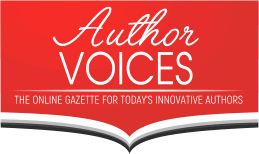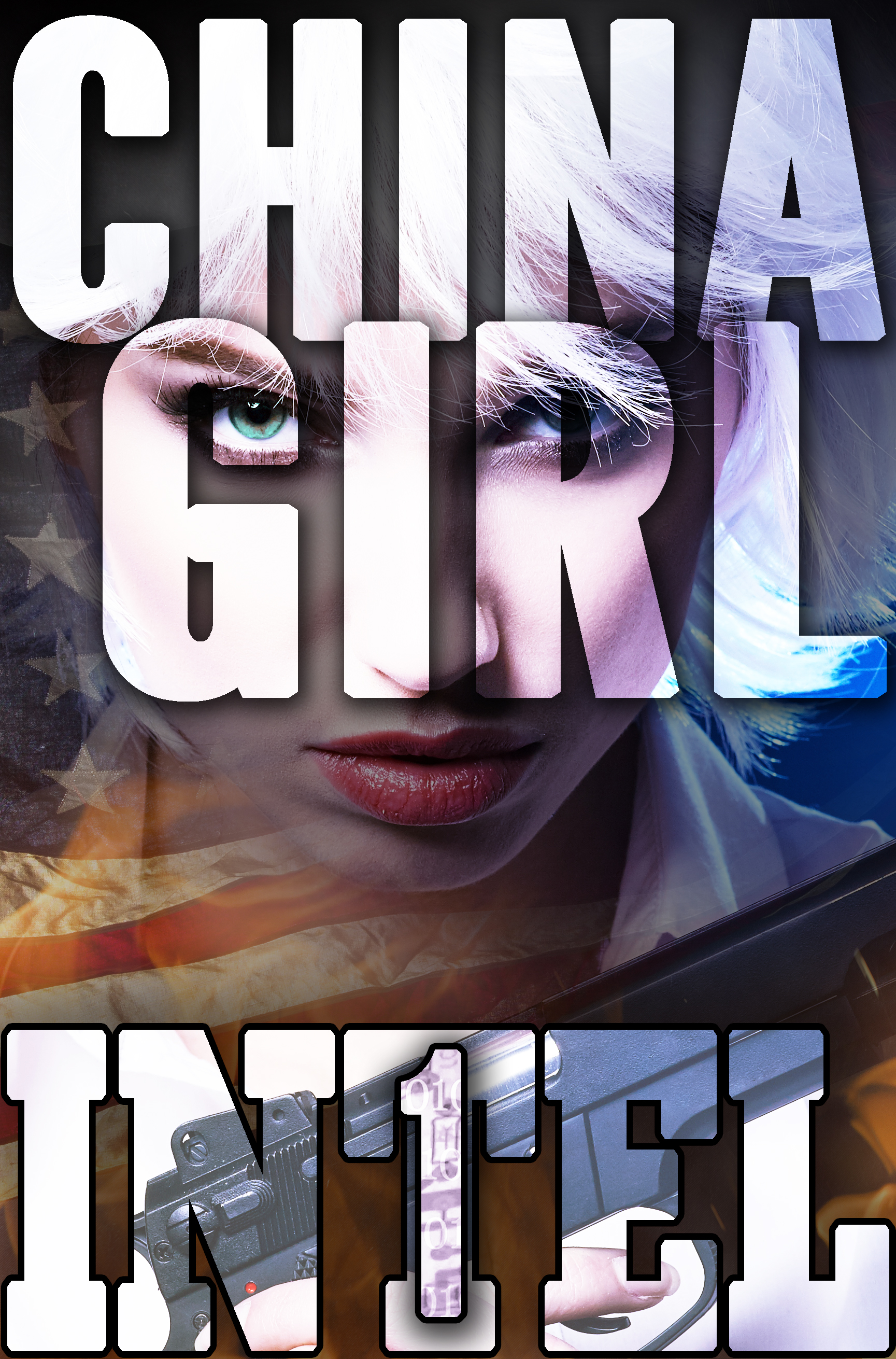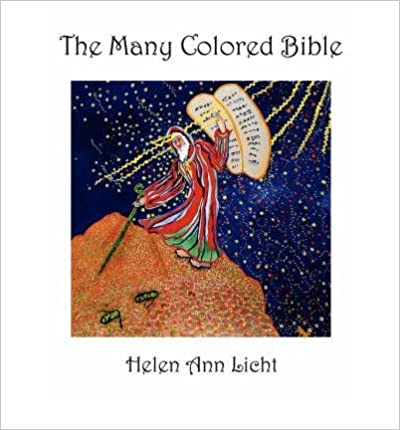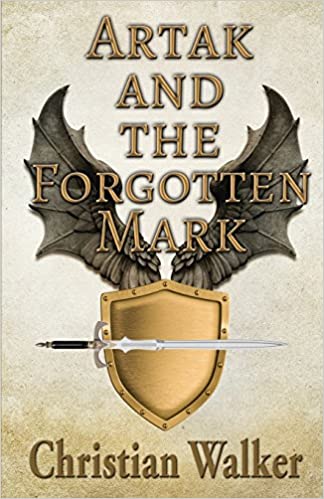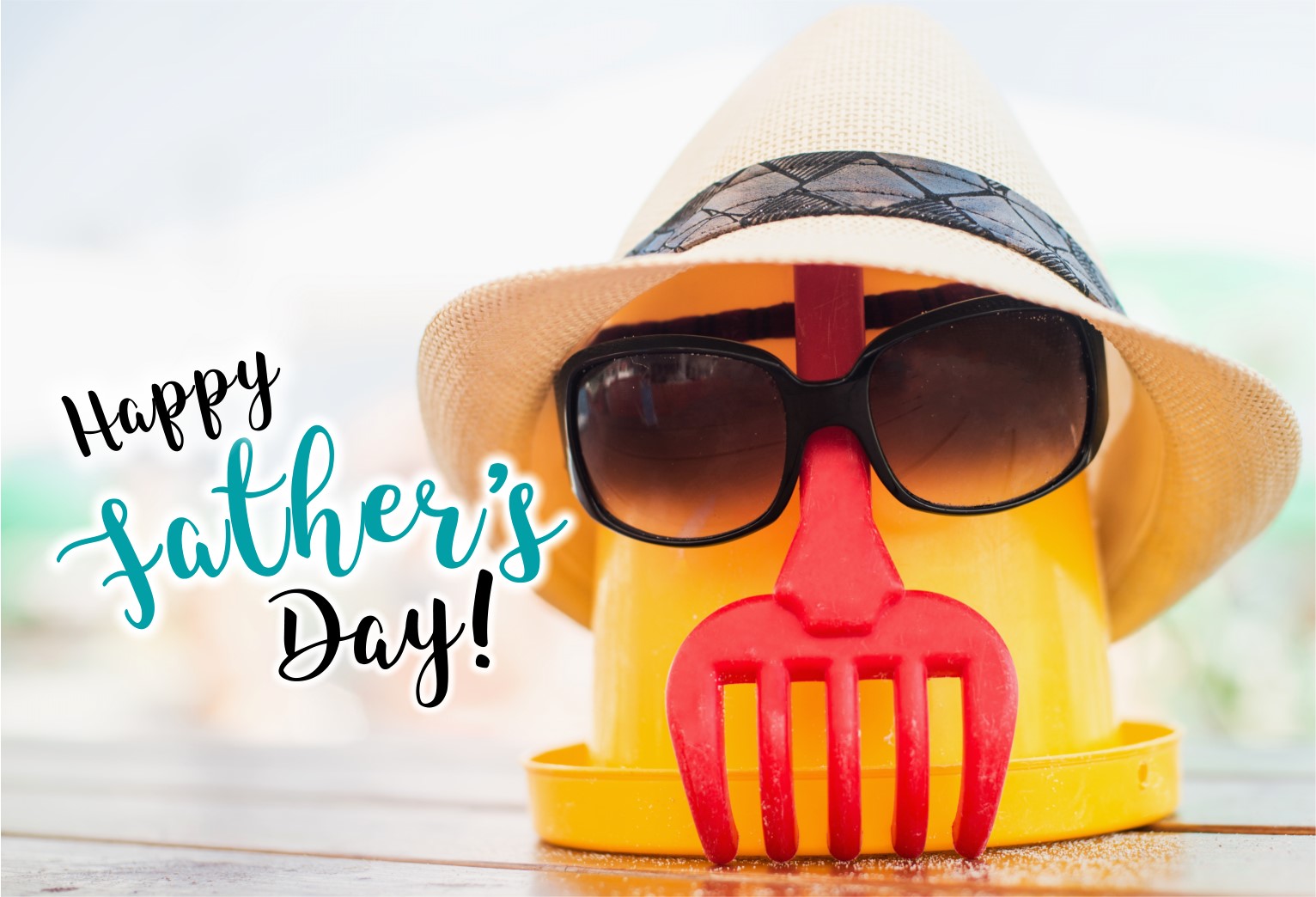Interview with Erec Stebbins
Author of China Girl (INTEL 1, Book 6)
Where are you from originally and where do you reside now?
I was born in the midwest in Lincoln, Nebraska, living there until the age of eight. I moved to Huntsville, Alabama, living there through high school. I spent 4 years of college in Oberlin, OH, and 23 years in Manhattan where I completed my PhD in Biochemistry and Structural Biology and ran a lab as a professor at the Rockefeller University.
Since 2016 I have lived and worked in Heidelberg, Germany at the German Cancer Research Center (DKFZ) studying the structures of proteins involved in disease by the method of X-ray crystallography.
If you currently reside somewhere besides where you were born, what’s the story that lead from there to here?
There are multiple stories. I was born in Nebraska because my father was a professor at the University of Nebraska in Lincoln (he taught Romance Languages). After my parent’s divorce, my mother moved back to her hometown in Alabama and my brother and I followed.
I pursued science in my education and career, and that took me to the east coast, and specifically NYC where I spent over two decades as a student and then faculty member. Recently, due to exciting opportunities, I transitioned to Germany and continue my work in biophysics and biochemistry there.
What made you decide to write and publish your first book?
My first book was a reawakening of creative writing that had hibernated after the demands of career and family life. Living in NYC during the 9/11 attacks and the subsequent changes in America it brought on, my own battle with conflicting emotions over the attack and response gave rise to a narrative and characters incarnating that conflict. Eventually I couldn’t ignore it anymore and decided to write it down, to “exorcise” it from my thoughts.
It took the form of a thriller, “The Ragnarok Conspiracy,” which became the first novel in my INTEL 1 series. My book to be released this December, China Girl, is the sixth novel in the series.
How would you describe your books to first time readers?
The Internet Review of Books dubbed me “master of the thinking reader’s techno thriller.” If you parse that, and this sentiment is common in many reviews, my novels tend to be technological, complex, and thrilling. I would say a balance between realism and escapism with a love of diversity in characters and unusual premises.
Many comment on the fast pacing and drive of my thrillers, the “can’t put it down” nature. The stories are also written unapologetically from a liberal/leftist perspective. Unlike many post 9/11 thrillers that took a very right-wing stance on American security in a time of terrorism, including the rights of individuals, my novels challenge the morality of putting security over liberty, the demonization of different ethnic and religious groups, as well as the notion that the ends justify the means on topics such as privacy, torture, and human rights.
My science fiction is less leftist and more “out in left field.” My Daughter of Time trilogy was a Foreword INDIES Book of the Year Finalist, where they noted that it was “exploratory fiction at its most powerful and intelligent…will challenge and reward all those who have ever wanted to believe in almost anything. Stebbins has a penchant for the unexpected, even for the genre. These are works that nurture wonder and sometimes break hearts.”
I would thus describe my science fiction as differing from my thrillers. It is exciting, but more exploratory, odd, plumbing the deepest ideas I know of concerning the nature of life, consciousness, and existence, and yet grounded in human emotion.
Who do you feel is most likely to connect with the topics you write about?
People who are looking for more than just action, thrills, or cool space stuff. A lot of stuff blows up in my novels. They are genre works. I seek to entertain by writing things I would enjoy reading. But I am earnest and serious in the concerns that motivate many of the stories.
From the morals of nations and people in my thrillers to the ideas of love and sentience in my science fiction, those who enjoy a mixture of a driving narrative and complex topics will get the most out of my books. Buyer beware: hyper-partisans on the Right will not be able to see through their worldview to understand my writing and will misunderstand and misinterpret (I’ve seen this many times along with their angry rants).
What unexpected or surprising thing did you learn during the process of writing and publishing?
That I find myself moved and entertained by my own writing.Not during the process – it’s like a hard workout at the gym. But going back months or years afterward, I frequently find myself reading passages and thinking “that was pretty darn moving.” Of course, I’m biased, but at the least I have succeeded in producing stories that I would enjoy as a reader.
If you could, what advice would you give to your past self before embarking on this journey?
Prepare not to be a bestseller. Don’t pay for any of those marketing schemes. They don’t work.
How many people would you ideally like to reach with your books?
As many as possible. From the Old English proverb as quoted by Tom Shippey in his biography of J.R.R. Tolkien, “Ciggendra gehwelc wile þœt hine man gehere,” or “Everyone who cries out wants to be heard.” I wrote thrillers from profound conflicts arising in the modern world from a certain moral and political perspective.
My SCIFI asks and wrestles with a lot of metaphysical and emotional mysteries. And my characters are very real to me as are their struggles, joys, and pains. I’d like to share that and hear what others think about it.
What has been the biggest challenge and frustration during the process to date?
With millions of books published each year, it is very hard to rise at all above this great sea and be discovered. I’m about as far from a whiz at marketing as one can be, and while I have good reviews for many books, I still struggle to find the audience I wish I had.
What’s your biggest strengths when it comes to book a) writing, b) publishing and c) marketing?
(a) Writing: good ideas, memorable characters, interesting plots, solid prose, and rapid output. (b) Publishing: I’m a competent DIY’er. I can take on many aspects of the process as an indie from formatting to covers. (c) I do not have any marketing strengths, alas.
What’s your biggest weakness when it comes to book a) writing, b) publishing and c) marketing?
(A) Writing: editing. I can’t find all the errors and must rely on proof-readers, and even they do not find all the problems I introduce into a 100,00 word text (b) Publishing and Marketing: I do not know how to take books that many like when they find them and turn that into word of mouth or other amplification.
When do you think you will write your next book?
Sometime in the next year. I have a very demanding day job as a scientist and entrepreneur. The success (or lack of) of my latest thriller, “China Girl,” will likely influence how rapidly I commit time to the next book.
Are you self published or did you use a hybrid publisher, or a traditional publisher?
For my first thriller I was traditionally published by Prometheus Books. I have since gone indie.
FEATURED AUTHORS
Worrying if I was telling too many secrets Leaving out so much.
Keep Reading »Writing is an arduous task even when one has all ideas clear in the read more
Keep Reading »Write the book, start marketing (letting people know of it) before you finish.
Keep Reading »